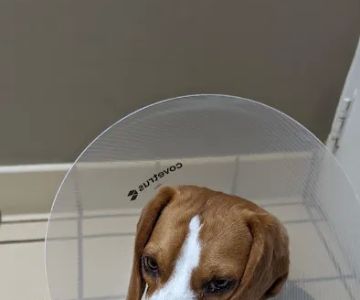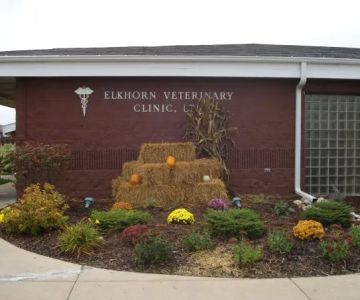Can You Lose Your Veterinary License Due to Public Intoxication?
As a veterinarian, maintaining a professional reputation is crucial. But what happens when you find yourself in a situation involving public intoxication? Can such an incident impact your career, and could it result in losing your veterinary license? Let's explore the potential consequences of such actions and what veterinarians should know about maintaining their professional standing in the face of public behavior issues.
Understanding the Consequences of Public Intoxication for Veterinarians
Public intoxication, although often seen as a minor infraction in the eyes of the law, can carry significant consequences for professionals in certain fields, including veterinarians. While the direct connection between public intoxication and the revocation of a veterinary license may not always be clear, the broader context of professional ethics and conduct is critical to understanding the risks involved.
The veterinary profession holds its members to high ethical standards. Behavior that could be perceived as unprofessional or irresponsible can lead to investigations by the appropriate state veterinary board. If the intoxication is deemed to be a sign of a broader pattern of misconduct or impairment, it can lead to disciplinary action, including suspension or revocation of a veterinary license.
What Constitutes Professional Misconduct in Veterinary Medicine?
According to most state veterinary boards, professional misconduct extends beyond malpractice in clinical practice. It includes any behavior that tarnishes the reputation of the veterinary profession or calls into question the veterinarian's ability to perform their duties in a competent and ethical manner. Public intoxication can fall into this category if it leads to inappropriate behavior in public spaces, particularly if it results in arrests or negative press coverage.
Real-World Examples
For instance, in 2019, a veterinarian was placed under investigation after being arrested for public intoxication. The incident raised questions not just about their personal behavior, but also about their judgment and reliability as a healthcare provider. Although the case didn’t immediately result in a license revocation, it sparked a broader conversation about how public behavior can impact a veterinarian’s ability to practice medicine responsibly.
The Role of State Veterinary Boards
Every state in the U.S. has a veterinary board that oversees the licensing and conduct of veterinarians. These boards are responsible for investigating complaints and determining whether a veterinarian’s actions violate the ethical standards set forth by the profession. If public intoxication leads to other issues, such as disorderly conduct or a pattern of behavior, the veterinary board may launch an inquiry to determine whether the veterinarian is fit to practice.
What to Do if You Find Yourself Facing Such a Situation
If you’re a veterinarian and you’re facing an incident of public intoxication, it's important to take immediate steps to address the situation. Here’s what you can do:
- Consult with a Legal Professional: Speak with an attorney who specializes in professional licensure cases. They can provide you with guidance on how to navigate the legal process and mitigate any potential impact on your career.
- Be Transparent with Your Employer: If you're employed, it’s crucial to be open with your employer about the situation. Transparency is essential to maintaining trust.
- Demonstrate Remorse and Responsibility: Take proactive steps to demonstrate your commitment to professional conduct. This may include attending counseling or alcohol treatment programs, or engaging in other rehabilitative measures.
Preventing Future Issues
To avoid any future complications with your veterinary license, consider taking preventive measures. Developing a strategy to manage stress, taking time for self-care, and participating in professional development activities can help you maintain both personal and professional well-being. Ensuring that your actions align with the high ethical standards of the veterinary profession can safeguard your license and your reputation.
Ultimately, public intoxication may not directly lead to the loss of your veterinary license, but it can serve as a red flag for the veterinary board. It is essential to be proactive in managing your personal behavior and to seek professional help if needed. The veterinary profession demands high standards of conduct, and staying in compliance with these standards is key to ensuring a long and successful career in veterinary medicine.











